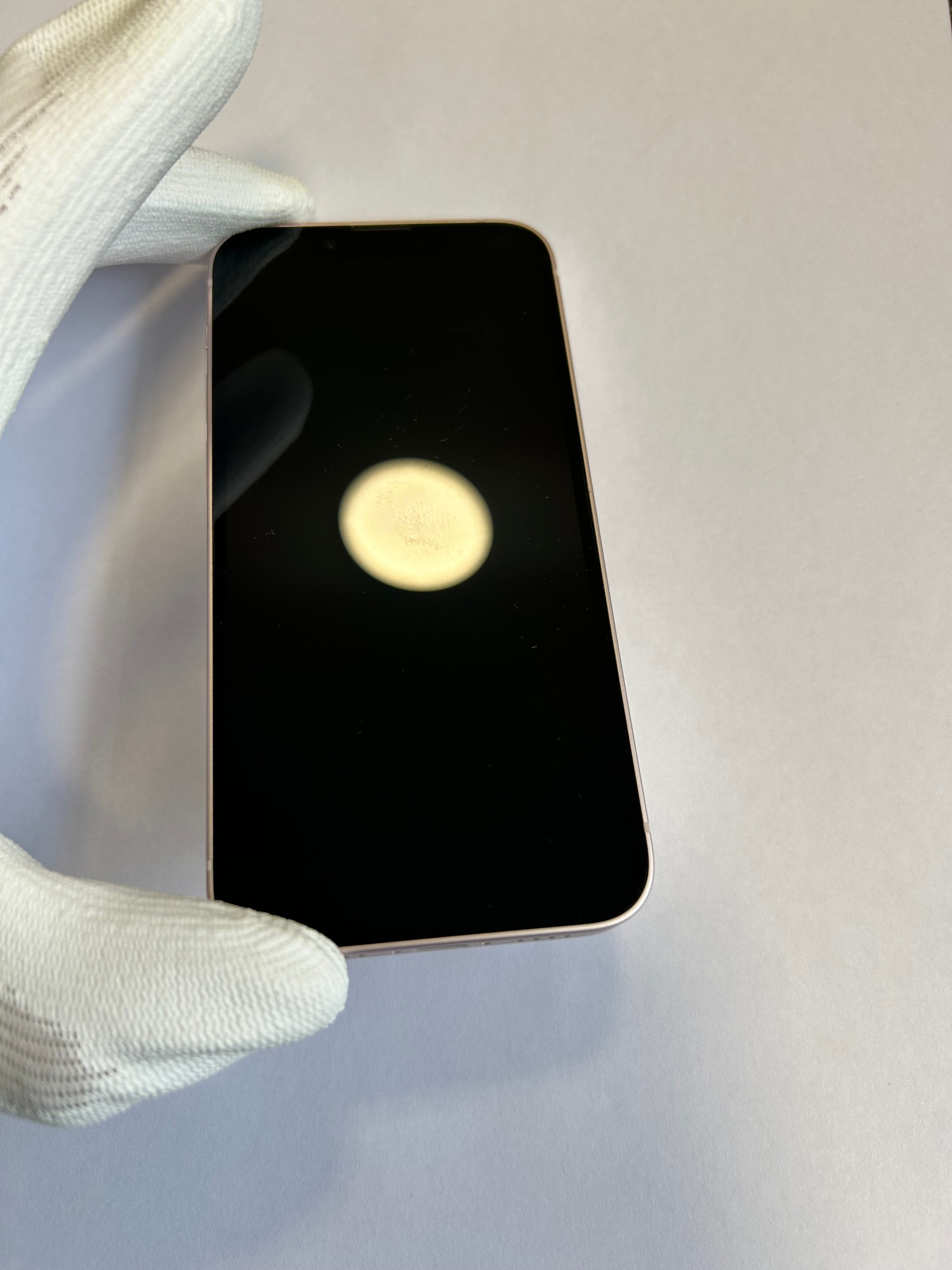When you’re considering buying a new iPhone 14, 14 Plus, 14 Pro, or 14 Pro Max, one of the most important decisions you’ll make is choosing the storage capacity that best suits your needs. With options ranging from 128GB to 1TB, making the right choice can seem overwhelming. This article will walk you through the different storage capacities available and help you determine which one will work best for you based on your usage.
Why is storage capacity important?
Your iPhone's storage capacity determines how many photos, videos, apps, documents, and other files you can store on your device. Not enough storage can quickly become a problem, especially if you use your phone heavily to capture memories, download apps, or store important files. Conversely, too much storage could be an unnecessary expense if you don't really need it.
Available storage options
iPhone 14 and iPhone 14 Plus
For the iPhone 14 and iPhone 14 Plus models, Apple offers three storage options:
- 128 GB
- 256 GB
- 512 GB
iPhone 14 Pro and iPhone 14 Pro Max
For the iPhone 14 Pro and iPhone 14 Pro Max models, four storage options are available:
- 128 GB
- 256 GB
- 512 GB
- 1 TB
What storage capacity should I choose?
128 GB
For whom?
- Basic usage : If you mainly use your iPhone for basic tasks like making calls, sending messages, browsing the web, and using social media, 128GB may be enough.
- Casual Photography : If you take photos and videos occasionally but don't store them in large quantities on your phone.
- Online storage : If you use online storage services like iCloud, Google Drive or Dropbox a lot to back up your files.
Benefits
- Price : This is the cheapest option, which can be a deciding factor for those on a budget.
- Sufficient for moderate use : Provides enough space for daily use without major storage concerns.
Disadvantages
- Limited for heavy users : Can fill up quickly if you take a lot of high-resolution photos and videos or download a lot of apps and games.
- Not ideal for content creation : Content creators, such as vloggers and professional photographers, may find this capacity insufficient.
256 GB
For whom?
- Moderate to heavy usage : Ideal for users who regularly take photos and videos, download many apps and games, and store a moderate amount of music and movies.
- Professionals : Those who use their iPhone for professional applications that require a lot of storage space, such as video editing or photography software.
Benefits
- Perfect Balance : Offers a good balance between cost and storage capacity, suitable for most users.
- Flexibility : Enough space to store a large amount of files without constantly worrying about available space.
Disadvantages
- Higher Price : More expensive than the 128GB option, which may be a drawback for those on a budget.
- May still be limiting for some power users : Content creators or those who store a lot of large files may still find this capacity insufficient.
512 GB
For whom?
- Heavy Use : Perfect for users who take a lot of high-resolution photos and videos, download lots of apps and games, and store a large amount of media files.
- Content Creators : Ideal for photographers, videographers, and other content creators who need plenty of storage space for their work.
Benefits
- Generous Capacity : Provides large storage capacity, reducing the need to regularly delete files to free up space.
- Ideal for large files : Perfect for storing 4K videos, movies, TV series, and large photo and music libraries.
Disadvantages
- High cost : More expensive than the 128GB and 256GB options, which may be a turnoff for some users.
- May be overkill for some users : Users who don't need that much space may find this option unnecessary.
1TB (only for iPhone 14 Pro and Pro Max)
For whom?
- Extremely Heavy Usage : Intended for users who need the maximum storage capacity available for an iPhone, such as filmmakers, professional photographers, and users who store very large amounts of data.
- Professional content creators : Perfect for those who regularly shoot 4K or ProRes video, and need to store many large projects directly on their device.
Benefits
- Maximum Capacity : Provides the most storage space available, ensuring you never run out of room.
- Ideal for very large files : Perfect for storing entire libraries of 4K videos, high-resolution photo sets, and large work projects.
Disadvantages
- Very high price : This is the most expensive option, which can be a significant drawback for many users.
- May be overkill for most users : Only those with extremely high storage needs will be able to take full advantage of this capacity.
Factors to Consider When Choosing Storage Capacity
Type of use
- Personal use : If you primarily use your iPhone for calls, messages, and moderate app use, 128GB or 256GB should be sufficient.
- Professional use : If you use storage-intensive applications for work, 256GB or more may be necessary.
- Content Creation : Content creators will need at least 512GB, and possibly 1TB, to store their large files.
Budget
- 128 GB : The most economical option.
- 256 GB : Offers a good compromise between capacity and cost.
- 512GB and 1TB : Most expensive options, but necessary for users with high storage needs.
Longevity
Consider how long you plan to keep your iPhone. If you plan to keep it for several years, opting for a higher storage capacity may be a good idea to avoid running out of space in the future.
Using online storage services
If you use online storage services like iCloud, Google Drive, or Dropbox, you can afford to choose a smaller internal storage capacity, since some of your data will be stored in the cloud.
Usage scenarios for each storage option
128 GB: Basic User
John is a basic user who mainly uses his iPhone for calls, messages, and social media. He takes photos and videos occasionally, but he often transfers them to his computer or online storage services. For John, 128 GB is more than enough and allows him to enjoy a quality iPhone without spending a fortune.
256 GB: Moderate User
Marie uses her iPhone for both work and play. She takes lots of high-quality photos and videos, downloads several apps and games, and stores a moderate collection of music and movies. For Marie, 256GB offers a good balance between cost and storage capacity, allowing her to keep all her important files without worry.
512 GB: Heavy User
Alex is a content creator who uses his iPhone to capture 4K videos, edit photos and videos, and store lots of media files. He needs a lot of storage space for his professional projects. For Alex, 512GB is needed to store all of his content without having to worry about running out of space.
1TB: Professional User
Sophie is a professional videographer who regularly shoots 4K and ProRes videos. She needs to store many large projects directly on her iPhone for easy editing. For Sophie, 1TB is the only option that allows her to efficiently manage her very high storage needs.
Price and Value Comparison
iPhone 14 and 14 Plus
- 128 GB : €909 / €1,109
- 256 GB : €1,029 / €1,229
- 512 GB : €1,249 / €1,449
iPhone 14 Pro and 14 Pro Max
- 128 GB : €1,329 / €1,479
- 256 GB : €1,459 / €1,609
- 512 GB : €1,689 / €1,839
- 1TB : €1,939 / €2,089
Conclusion
Choosing the storage capacity of your iPhone 14, 14 Plus, 14 Pro or 14 Pro Max depends on several factors, including your usage type, your budget and your future needs. Here's a summary to help you make your choice:
- 128GB : Ideal for basic users who don't store a lot of large files.
- 256GB : Perfect for moderate users who regularly take photos and videos and download multiple apps.
- 512GB : Recommended for power users and content creators who need plenty of storage space.
- 1TB : Necessary for professionals and content creators with extremely high storage needs.
By taking into account your usage habits and storage needs, you can choose the capacity that suits you best and get the most out of your new iPhone.




iPhone 14 review: Apple's new smartphone put to the test
Does the iPhone 14 take good photos?